5 Ways To Pay for an Emergency When You Have No Emergency Fund
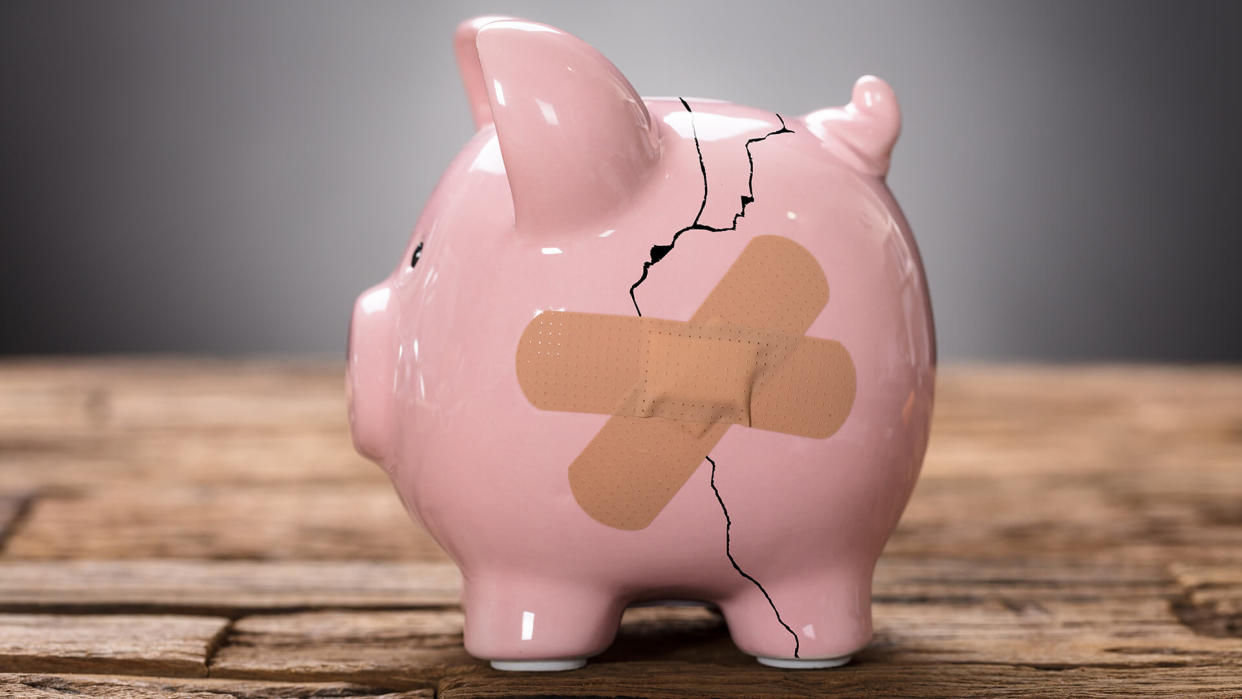
As a general rule of thumb, you should have three to six months of living expenses saved in an emergency fund just in case you face an unforeseen event, such as a job loss or an unexpected medical bill. But if you're like many Americans, you might not have this financial cushion available. A recent GOBankingRates survey found that 51% of Americans don't have an emergency fund, and even taking into account those who do, 25% have $3,000 or less saved for emergencies.
Student Loan Forgiveness: Will You Qualify for $0 Payments Under Biden's New Plan?
Learn: 3 Ways Smart People Save Money When Filing Their Taxes
If don't have enough saved up, what should you do if you face an emergency expense? You have many options, but not all of them are good ones. Here's how experts say you should pay for an emergency if you have no emergency fund.

Find an Interest-Free Financing Option
This won't always be available, but in some cases, you may be able to find a way to pay for an emergency expense in interest-free installments.
"Say your furnace needs to be replaced -- oftentimes, there are options to finance the purchase of a new furnace without paying interest as long as you make the minimum payment every month," said Jennifer Stein, CFP, director of client engagement at Priebe Wealth.
Take Our Poll: How Much of a Tax Refund Do You Expect in 2023?
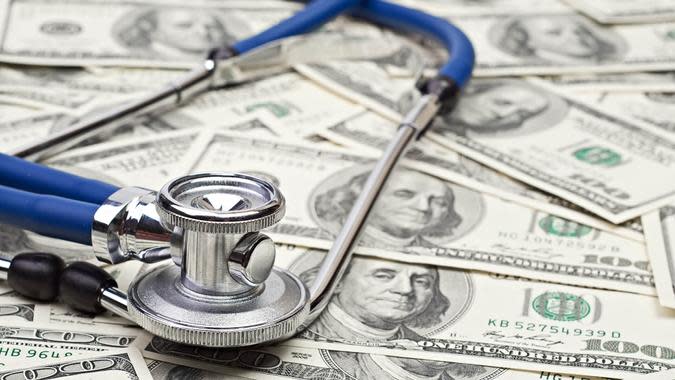
Use a Payment Plan To Pay for Medical Bills
You can often set up a payment plan to pay down large medical bills, so check if this is available.
"Discuss payment options with your hospital's billing department, and see if a payment plan is an option for paying down the expense," Stein said.
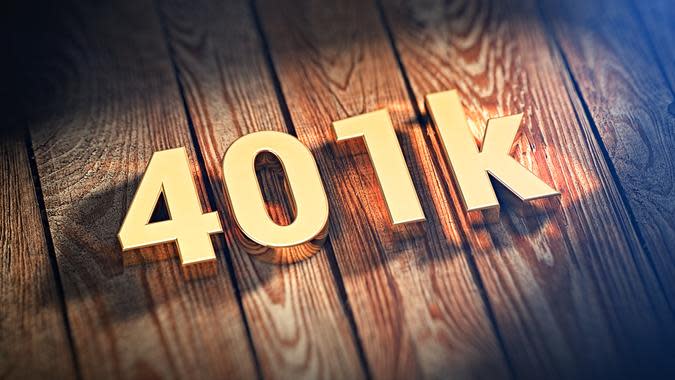
Take Out a Loan From Your Retirement Plan
Wayne Brown, chief visionary officer at Dugan Brown, a financial planning firm, in Dublin, Ohio, recommends borrowing funds from a 401(k), 403(b), TSP or similar account.
"This is an easy way to access additional funds to cover expenses without it greatly impacting your current lifestyle," he said. "For example, one could decrease their current 401(k) contributions while applying for a loan, then focus on paying the loan back with the money that would have been put toward the contributions. This results in access to a lump sum of emergency cash without having to take a lifestyle hit moving forward. If you choose to implement this strategy, you should be careful to look at what kind of match you receive from your employer so that you can still fully capitalize on your contributions."
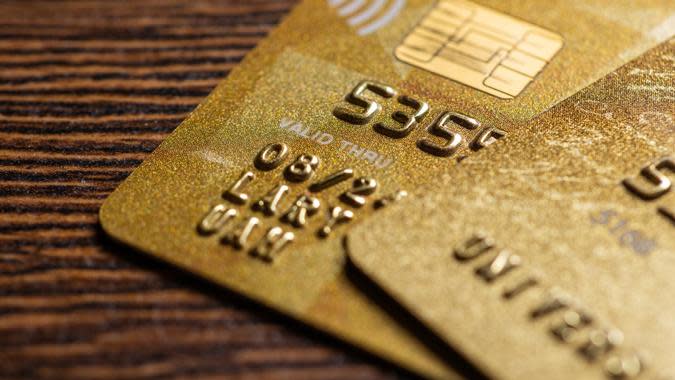
Use a Credit Card With a 0% Intro APR
"Credit cards are not something I would generally recommend people start carrying a balance on, but in an emergency, it may be what works best," Brown said.
This is especially true for cards that offer an introductory 0% APR. However, this will typically only be for a few months, so keep that in mind.
"After using the credit card, do everything you can to pay it off before any interest begins to accrue," Brown said. "Once interest kicks in, paying down the balance on the card should be a top priority."

Take Out a Personal Loan
"A personal loan is a great option if you want to budget how much you pay over a period of time," said Tim Schlueter, VP and head of lending at Avant. "For example, if you get a three-year personal loan, you will typically have a fixed monthly payment, and at the end of the three years, the loan will be completely paid off. This can be really helpful for customers who need help with budgeting and want to avoid getting stuck with high credit card balances. Personal loans also typically have no prepayment penalties, so if you are able to pay a little more than your monthly payment you can pay off your debt faster."
However, not everyone will qualify for low rates, so be sure to compare what rates you will pay with a personal loan versus a credit card.
"Personal loans from banks used to be a viable option for people in times of emergency, but since the pandemic, obtaining these loans has become more difficult and costly," Brown said.
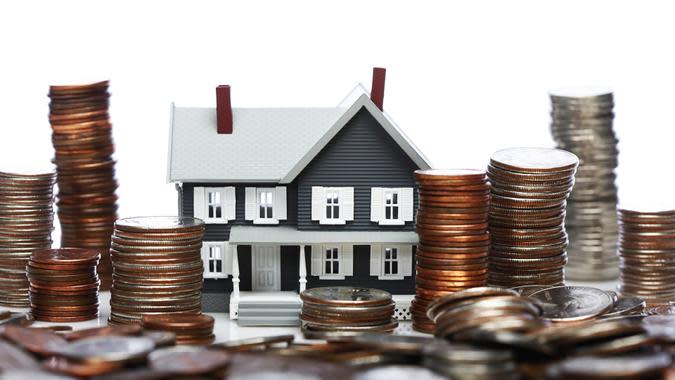
What To Avoid
When facing an emergency, your instinct may be to pay in whatever way you can, but Brown warns against taking out a loan against your home or car.
"Home equity lines of credit or taking a loan against a vehicle may be another option for some, but this is an option I would tend to avoid," he said. "While interest rates on a credit card are generally higher than that of a HELOC, failing to make a credit card payment would have much leaner consequences than failing to make a payment on your house."
More From GOBankingRates
Methodology: GOBankingRates surveyed 1,005 Americans ages 18 and older from across the country between Jan. 16 and 18, 2023, asking 20 different questions: (1) Do you currently have any form of an emergency fund?; (2) How much do you currently have put away for an emergency fund?; (3) If you faced an emergency (medical, housing, etc.) how would you have to pay for it?; (4) How much do you currently have saved for retirement?; (5) Do you have any of the following debt? (Select all that apply); (6) How much debt (student loans, medical, auto/personal loan, credit card, etc.) do you currently have? (NOT including mortgage); (7) If you have a significant other, how much do you argue about money concerns?; (8) Which money topics do you discuss with your children? (Select all that apply); (9) How often do you discuss personal finance issues with your family and/or friends?; (10) What are the chances, in an average month, of you and your family running out of money before you are paid next?; (11) What worries you most when it comes to your personal finances?; (12) Compared to pre-COVID (before March 2020) are you more or less confident in your personal finances?; (13) If you received an unexpected bonus of $5,000, what's the first thing you would do with it?; (14) If you won the lottery ($100 million), which of the following would you do with the winnings? (Select all that apply); (15) Would you rather ask a family or friend to borrow money, or max out a credit card?; (16) What would you like to learn more about in order to improve your personal finances?; (17) Do you consider yourself a spender or a saver?; (18) Which categories do you believe you overspend on? (Select all that apply); (19) How much do you spend on self-care monthly?; and (20) What is your top financial priority? GOBankingRates used PureSpectrum's survey platform to conduct the poll.
This article originally appeared on GOBankingRates.com: 5 Ways To Pay for an Emergency When You Have No Emergency Fund
